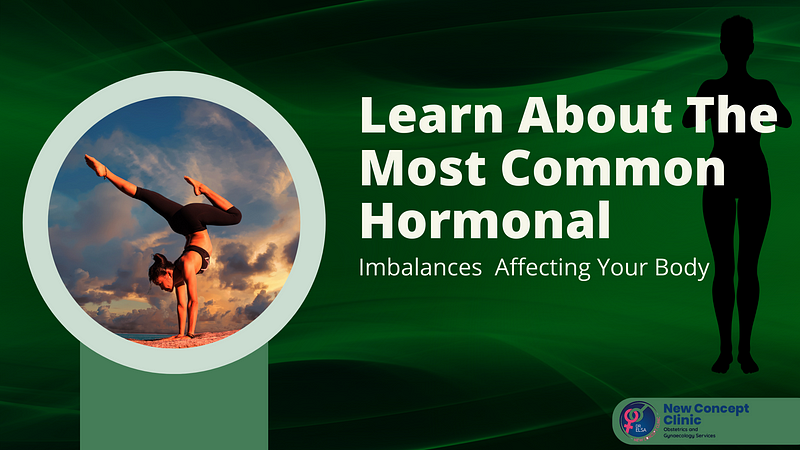 |
If you are someone who is constantly feeling exhausted or irritated by mood swings and others, while finding the right causes for the change, you might have come across the word “hormone imbalance. Now wonder what hormone imbalance is? According to the Top Specialists in Obstetrics and Gynecology in Dubai hormonal imbalance is a health condition that occurs due to increasing and decreasing levels of the hormones in the blood and body.
Also Read : Learn What is Going on With Six Key Hormones in Pregnancy
Faced by both men and women Hormonal levels in women fluctuate during puberty, menopause, perimenopause, and others. For the proper functioning of the body, there are around 50 different hormones that contribute to and regulate the different processes in our body. The most common are five hormones that could be the reason for your nagging headaches, increased sweating, weight gain, and more.
- Estrogen : The key hormone estrogen in a woman’s body is that which regulates all sexual arousal and is considered the main sex hormone. Estrogen in women is responsible for physical changes during puberty, regulation of the menstrual cycle, and regulating cholesterol and bone health.
- Progesterone: Crucial in menstruation and the early stages of pregnancy, the progesterone hormone is said to be present in only women. High progesterone in women includes several symptoms like anxiety, bloating, depression, reduced sex drive, and more. Lower progesterone includes several symptoms like bone loss, erectile dysfunction, hair loss, and more.
- Insulin : Produced by the pancreas, insulin is a hormone that works as a blood sugar dissolver and allows your muscles, fat, and liver to absorb the glucose. It regulates the metabolic process and breaks down fat and protein. High and low insulin include symptoms like anxiety, dizziness, hunger, dehydration, etc.
- Testosterone : Present in a small amount, testosterone is the main sex hormone for men. The levels of testosterone in men support physical changes during puberty and increase the chances of infertility at a younger age. Common signs of low testosterone include enlarged pectorals, a low sperm count, a poor erection, and others.
- Cortisol : Helpful in regulating blood sugar, metabolism, inflammation, and memory formation cortisol is a stress hormone. It is produced in the adrenal gland and released during times of stress and crisis. The common symptoms of high cortisol are a round face, flushed skin, high blood pressure, increased thirst, muscle weakness, and more. On the other hand, the symptoms of low cortisol are Addison’s disease, fatigue, dizziness, and more.
As the endocrine system secretes different hormones, it is incredibly complex to understand all of them. The changes in the system and hormones can lead to one problem or another. So, if you are diagnosed with a hormone imbalance or suspect that you might have one, consult Dr. Elsa, Top Gynaecologist in Dubai, and talk about the affecting symptoms. Getting control of hormone changes can be done by decreasing your stress level and improving the diet you consume. Following and consuming a healthy diet and carrying out the required exercises you can easily put your body back on the path. If you are still confused about the situation, book an appointment at New Concept Clinic, a Gynecology Clinic in Dubai offering women’s health services.
Also Read : Nutritionists Choice: Ingredients to Look in Your Multivitamin
No comments:
Post a Comment